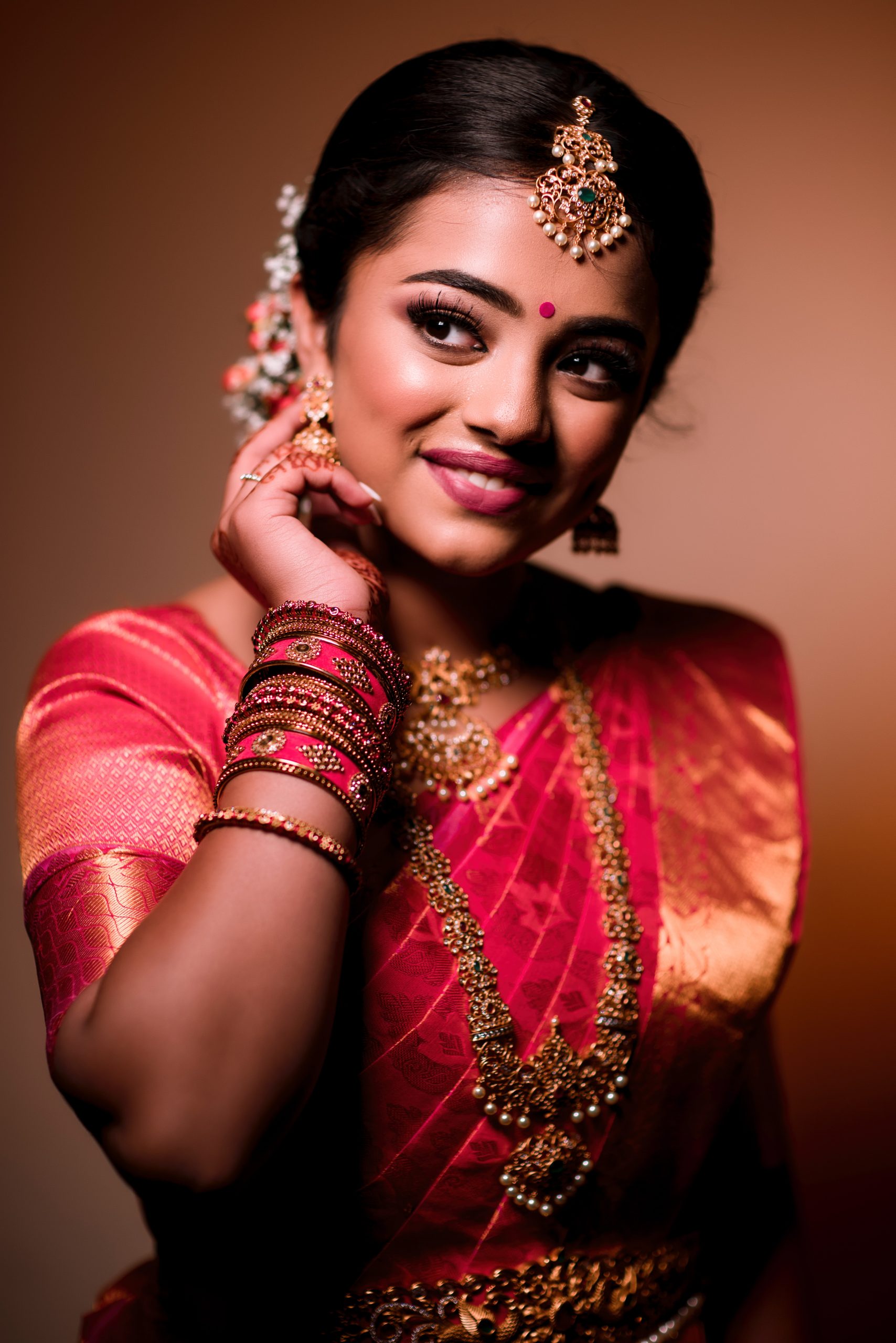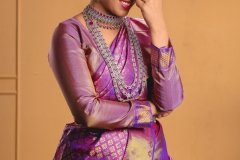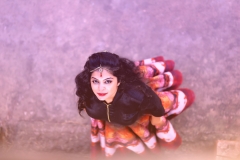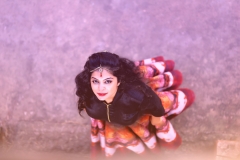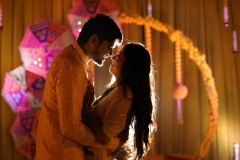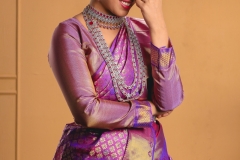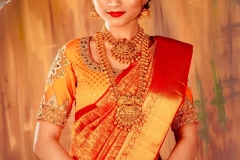A Kerala wedding is a Big celebration. The bride wears a thali (a seven-thread red saree) around her neck. The couple signs a marriage register, which two witnesses witness. The groom gives the bride a white saree called Mantrakodi, which she will wear for the rest of her life.
The bride and groom seek the blessings of their elders, who are gathered in their respective homes. After a few prayers, the priest beckons the couple and their families to fix a date for the ceremony. Then, the ‘Nischayam’ ceremony (also known as the ring ceremony) takes place, marking the marriage’s beginning. The bride and groom’s families exchange gifts after the Nischayam Ceremony.
The groom and bride must know each other well and be of the same religion. The ceremony begins with the’ ashirvadam ceremony, in which the bride and groom seek blessings from elders in their respective houses. The ‘thalappoli’ ceremony involves the entire family of the bride and groom, including the parents and siblings. The bride and groom are joined in marriage by the father of the bride’s family, while the groom’s family, including the father, hands his daughter over to her new husband. The ’mangalsutra’ is a necklace tied around the bride’s neck.
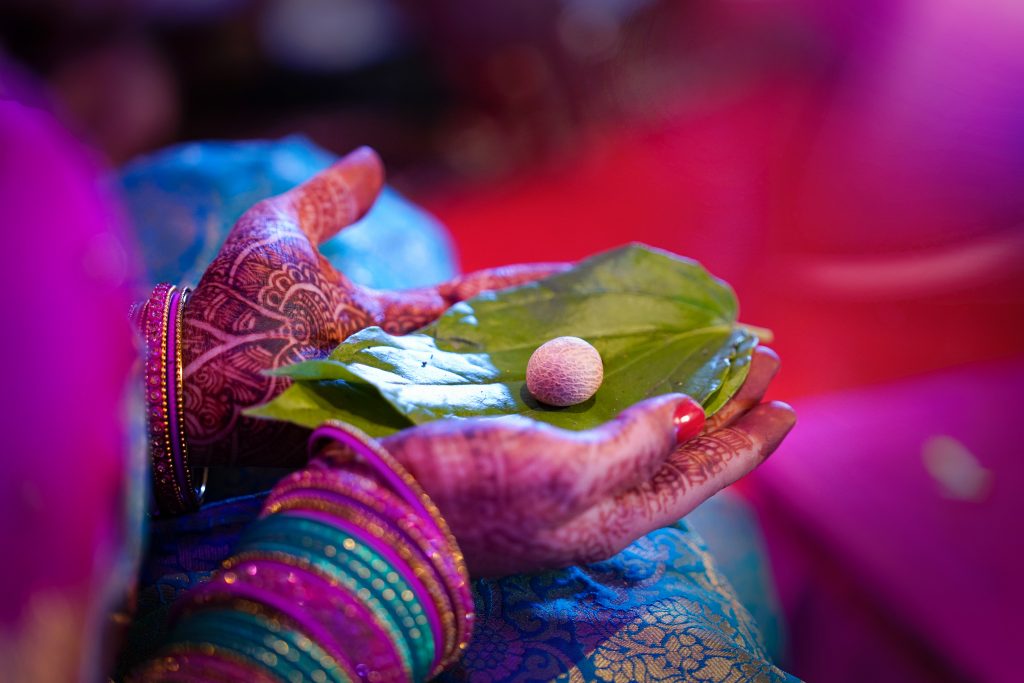
The bride and groom must love each other, and the bride must be happy. The marriage is between two families. The couple is married in the ‘Nischayam’ ceremony, which is an essential part of the ceremony. The couple will then exchange gifts in a formal setting, known as the panigrahanam. The traditional wedding in Kerala has many rituals and traditions which are distinctly unique to the culture and customs of Kerala.
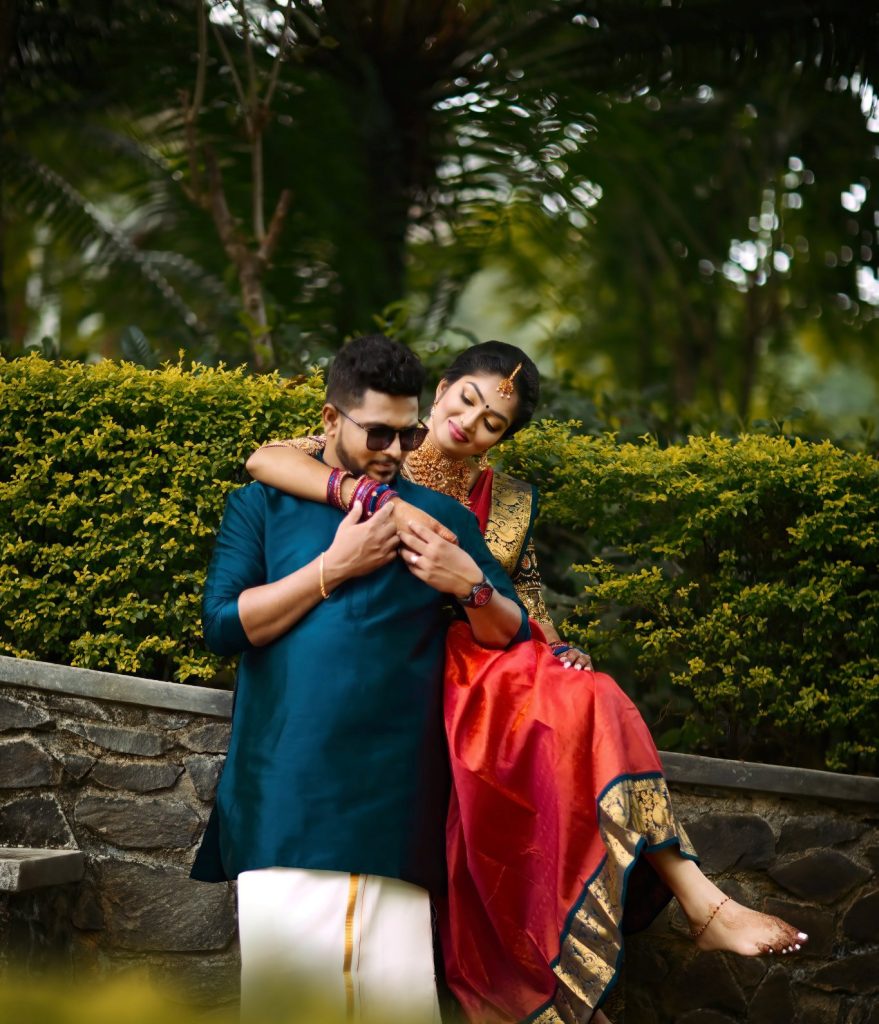
The wedding ceremony in Kerala is a religious and cultural celebration. The bride’s family will give the groom a Mangalsutra to wear after the wedding. The groom’s father will also present the bride with a traditional Kerala ring. The Nair traditional wedding is a Hindu ceremony, but the Nair wedding is also a Muslim or Christian event. The marriage rituals are similar in other parts of the state.
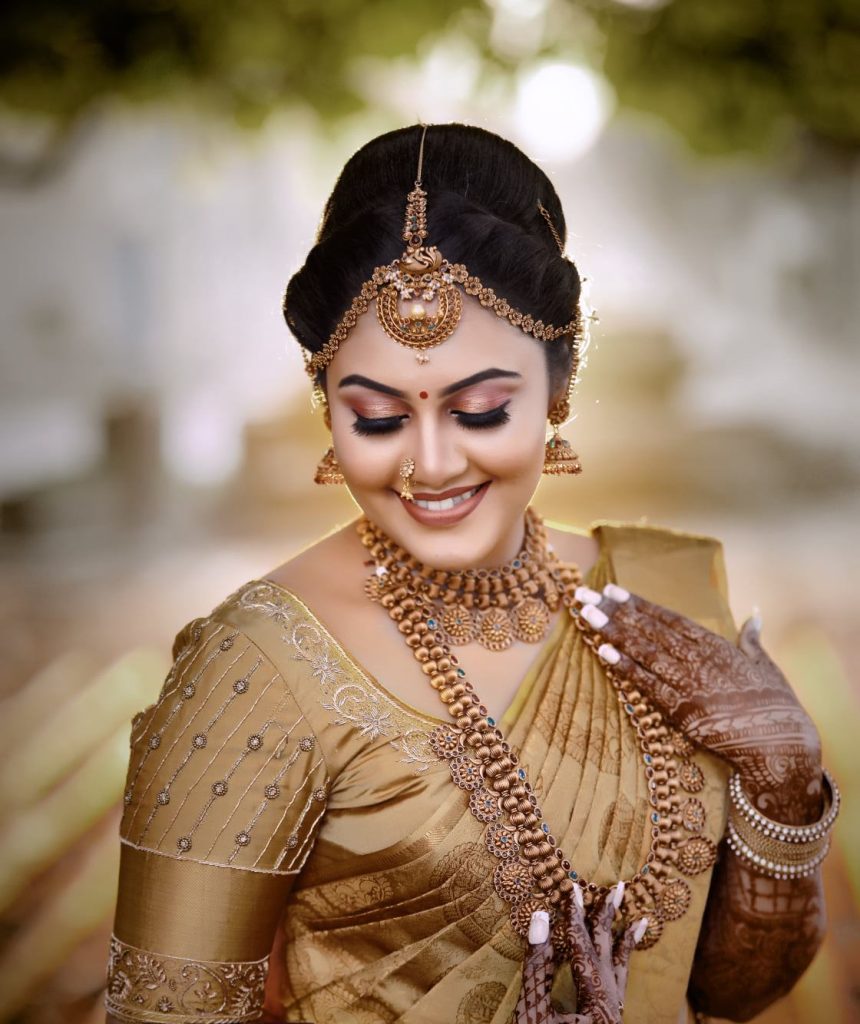
The bride and groom will seek the blessings of elders in their respective homes. The bride and groom will be welcomed by a procession of “thalappoli,” which is made up of family members dressed in their best holding a candle. The groom’s father will hand over his daughter to him. The groom’s father will give his son in marriage, and vice versa.
The bride and groom will visit the bride’s mother’s house to get married. This is the bride’s mother’s responsibility. The bride’s family will hand over her to her new husband. The groom’s family will offer her a golden chain. After the marriage, the bride’s family will give the groom a gift to commemorate the occasion. The two families’ families will exchange dowries and gifts.
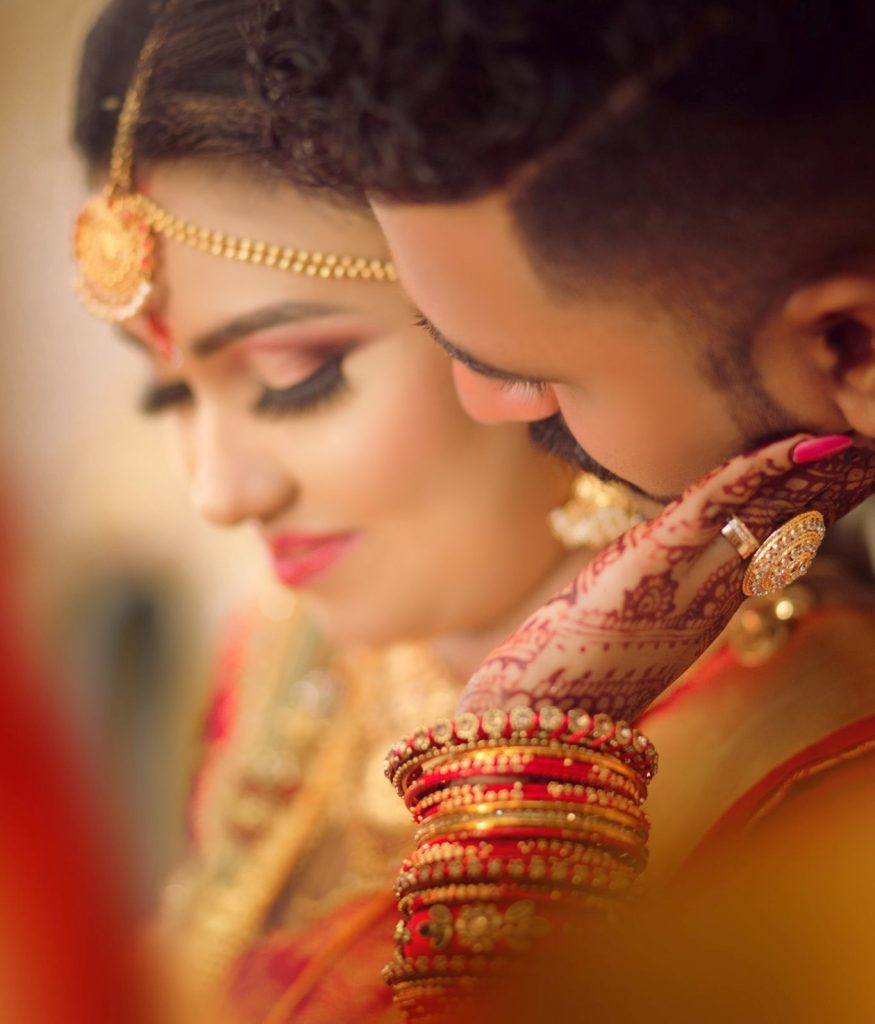
The bride and groom must like each other. This is a sacred act. This is the reason why the bride and the groom should have good relationships with each other. In God’s Own Country, taking care of your family is essential. A wedding is a special occasion for the couple, and it’s necessary to make it memorable for all the right reasons. There’s nothing more special than the couple you love, which should be your priority when planning your marriage.
A Kerala wedding ceremony is an intricate and elaborate event. The bride and groom must be in love, and the bride must be in love with the groom. The bride and the groom’s families have to approve the relationship before the ceremony can take place. The astrologer will be asked to confirm the marriage and the couple’s horoscope. The priest will then confirm the marriage. After the engagement, the wedding will last for a day, and the bride and the newlyweds will celebrate their new family together.
